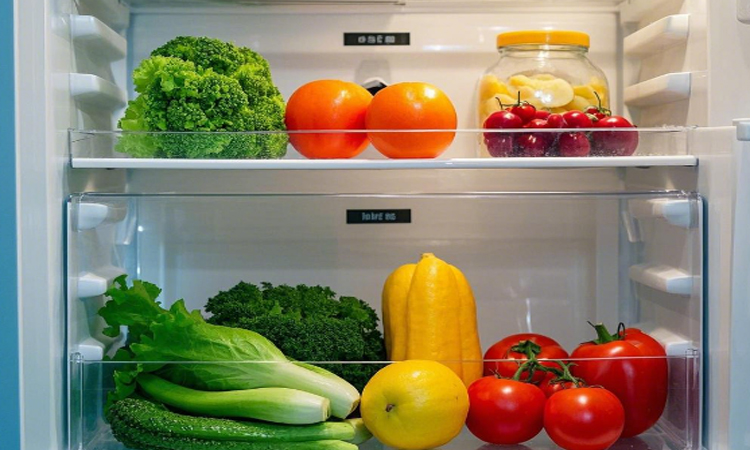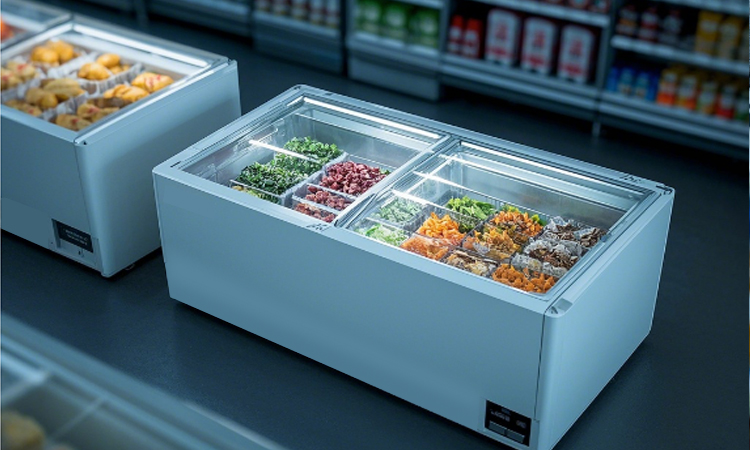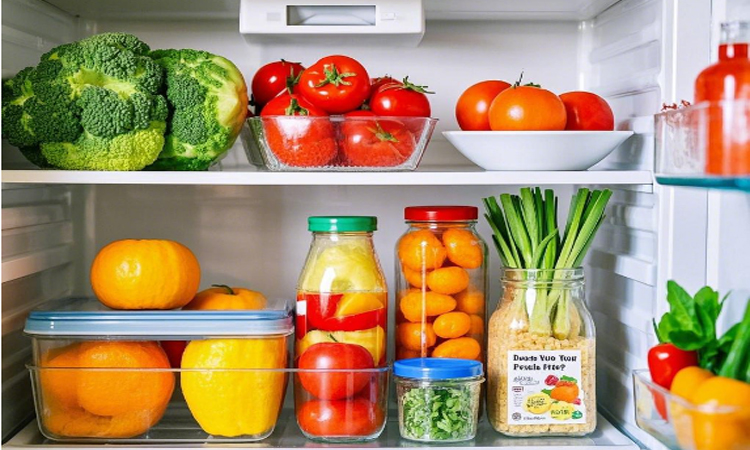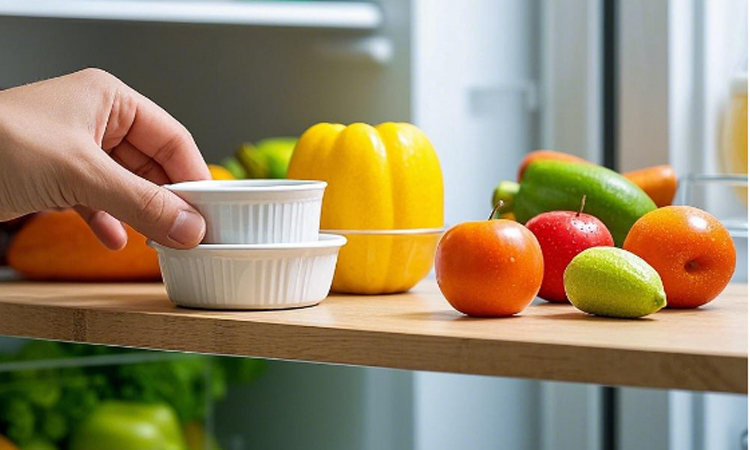
Recently, the adjustment of US tariff policy has become a hot topic in international trade. Especially for the cold drink industry, the increase in tariffs may have a profound impact on its economic situation. With the increase in tariffs, the cost structure, market competition pattern and consumer purchasing behavior of the cold drink industry may all change significantly.
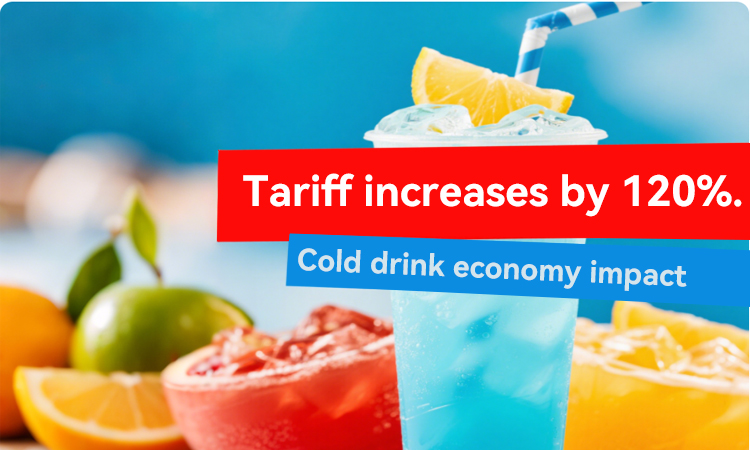
First of all, it directly increases the production cost of the cold drink industry. Since cold drink products often need to import raw materials such as dairy products and fruits, the increase in tariffs means that the cost of these raw materials will rise. This will not only affect the profit margin of cold drink enterprises, but may also lead to an increase in product prices.
Secondly, the market competition pattern may also change as a result. For cold drink enterprises that rely on imported raw materials, they may be at a disadvantage in competition because the increase in costs may weaken their market competitiveness. This may lead to a redistribution of market share, and some enterprises with better cost control may gain more market share as a result.
In addition, consumer choices may also be affected. As the price of cold drink products rises, consumers may reduce their purchases of cold drinks or turn to cheaper substitutes. This change in consumer behavior may have a negative impact on the sales and profits of the cold drink industry.
Finally, the increase in tariffs by 120% has many impacts on the cold drink industry. It not only relates to the survival and development of enterprises, but also relates to the daily lives of consumers. Therefore, the cold drink industry needs to pay close attention to policy changes and flexibly adjust business strategies to deal with possible market fluctuations.


